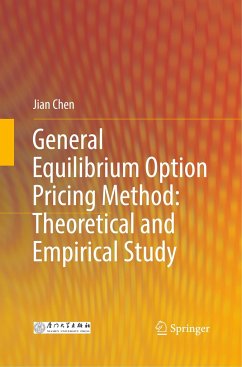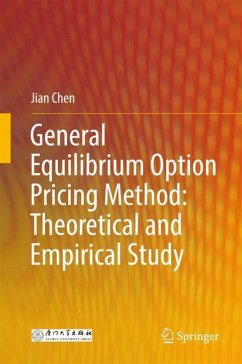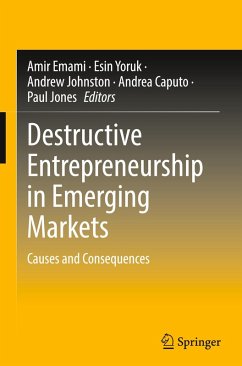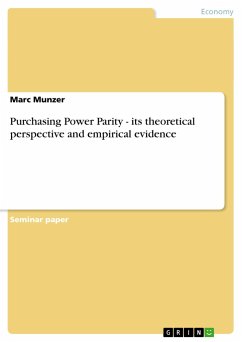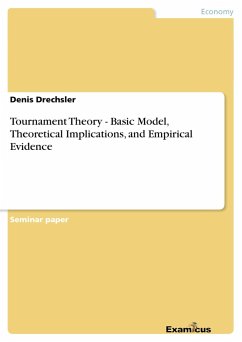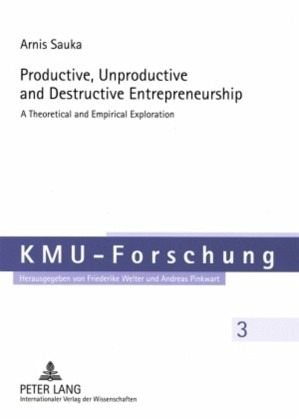
Productive, Unproductive and Destructive Entrepreneurship
A Theoretical and Empirical Exploration. Dissertationsschrift
Versandkostenfrei!
Versandfertig in 6-10 Tagen
74,60 €
inkl. MwSt.

PAYBACK Punkte
0 °P sammeln!
Drawing on Baumol's concepts of productive, unproductive and destructive entrepreneurship and relevant amendments, this book develops a conceptual framework which allows operationalising the concepts for empirical assessment. Using data from a longitudinal survey, the author further makes one of the first attempts to address these concepts empirically. The results show the importance of shifting the focus from firms' activities to output on both, venture and societal levels, short and long term. Overall, the findings suggest that productive entrepreneurs are less involved in behaviour such as ...
Drawing on Baumol's concepts of productive, unproductive and destructive entrepreneurship and relevant amendments, this book develops a conceptual framework which allows operationalising the concepts for empirical assessment. Using data from a longitudinal survey, the author further makes one of the first attempts to address these concepts empirically. The results show the importance of shifting the focus from firms' activities to output on both, venture and societal levels, short and long term. Overall, the findings suggest that productive entrepreneurs are less involved in behaviour such as tax avoidance or illegal business and show a higher level of entrepreneurial orientation.




